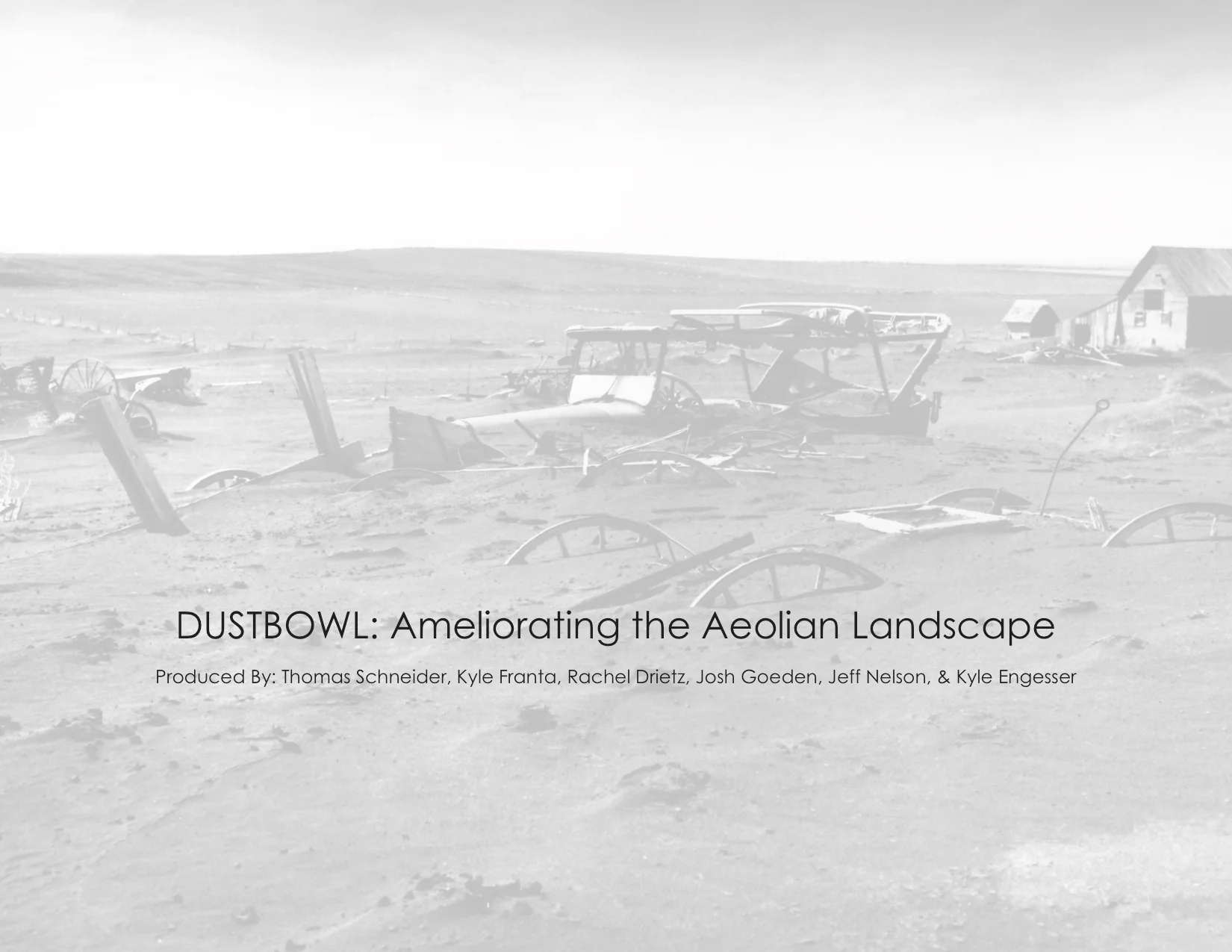Landscape Systems Studio, Boston Architectural College
As a result of the Malden River’s industrial past and urban sprawl the river has become polluted. Contamination has caused a disruption to the river’s natural systems as well as a loss of accessibility and connectivity to the river’s surrounding communities.
Phytoremediation will act as a catalyst for change by cleaning up the site and renewing accessibility. According to the historical layout of industrial companies that once lined the shores and known contaminants, different types of plants will remediate specific areas depending on the toxins. Based on production the experimental landscape will change over time depending on which plants remove toxins from the soil and water the most efficiently. Gradually the space will be given back to the people. When an area is determined to be clean the space will change into public parks, reservation land, and urban agriculture. In the mean time it will be open to the public. A network of trails, roads, and bridges will connect the river to surrounding communities, and a public research/visitor center and maintenance facility will be opened. People will be able to walk, run, bike, play, and learn as they witness the rejuvenation of the Malden River.



























